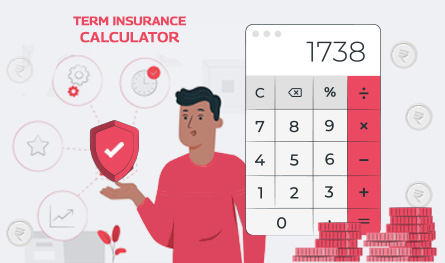If you think of life insurance, chances are you are picturing something people buy in their 30s or 40s. But what if you are 65 or older and just getting started? The good news is that you are never too late. Whether you are thinking of easing the financial burden on your family, covering final expenses, or simply leaving behind a legacy, there are life insurance options tailored just for you. This article will be a guide to life insurance for senior citizens above 65 years, explaining why it is important, the type of insurance options, and how to get the right policy for you.

Life Insurance
 May 12, 2025
May 12, 2025
 Health Insurance
Health Insurance
 Dec 02, 2024
Dec 02, 2024
 Health Insurance
Health Insurance










.webp)

.png)

